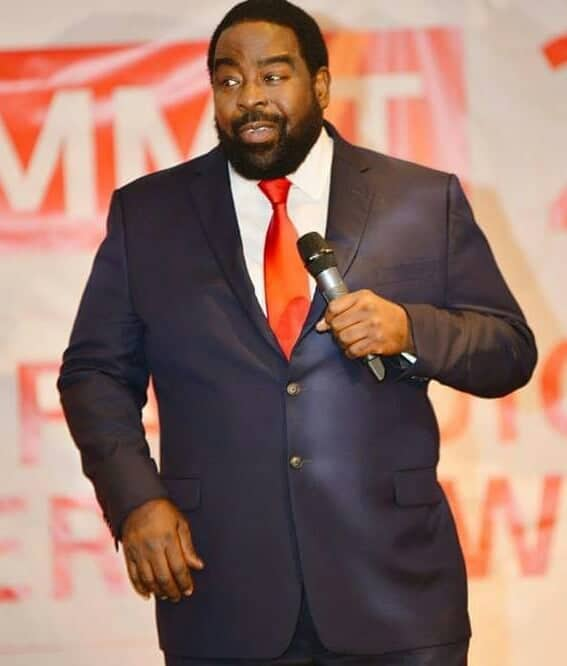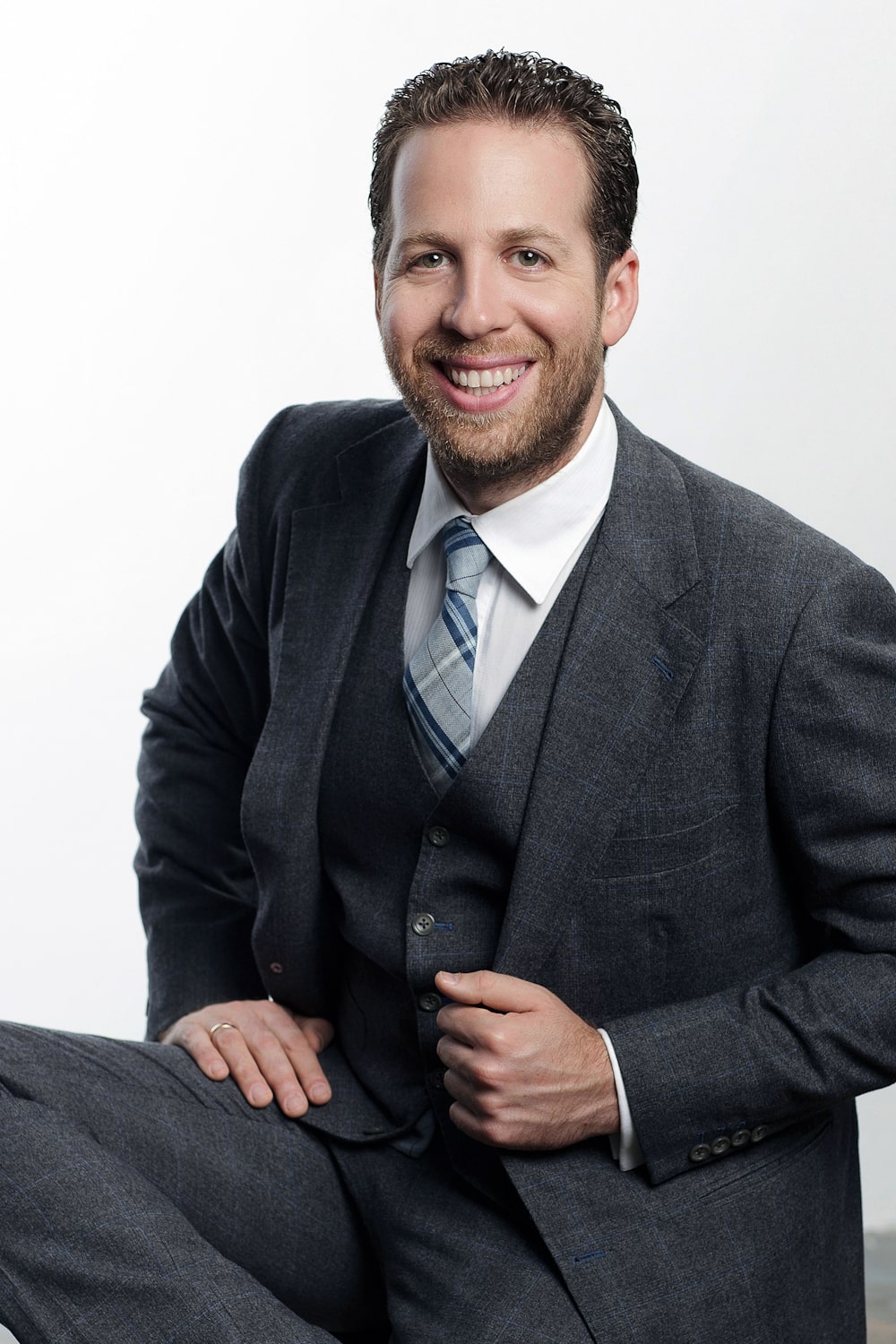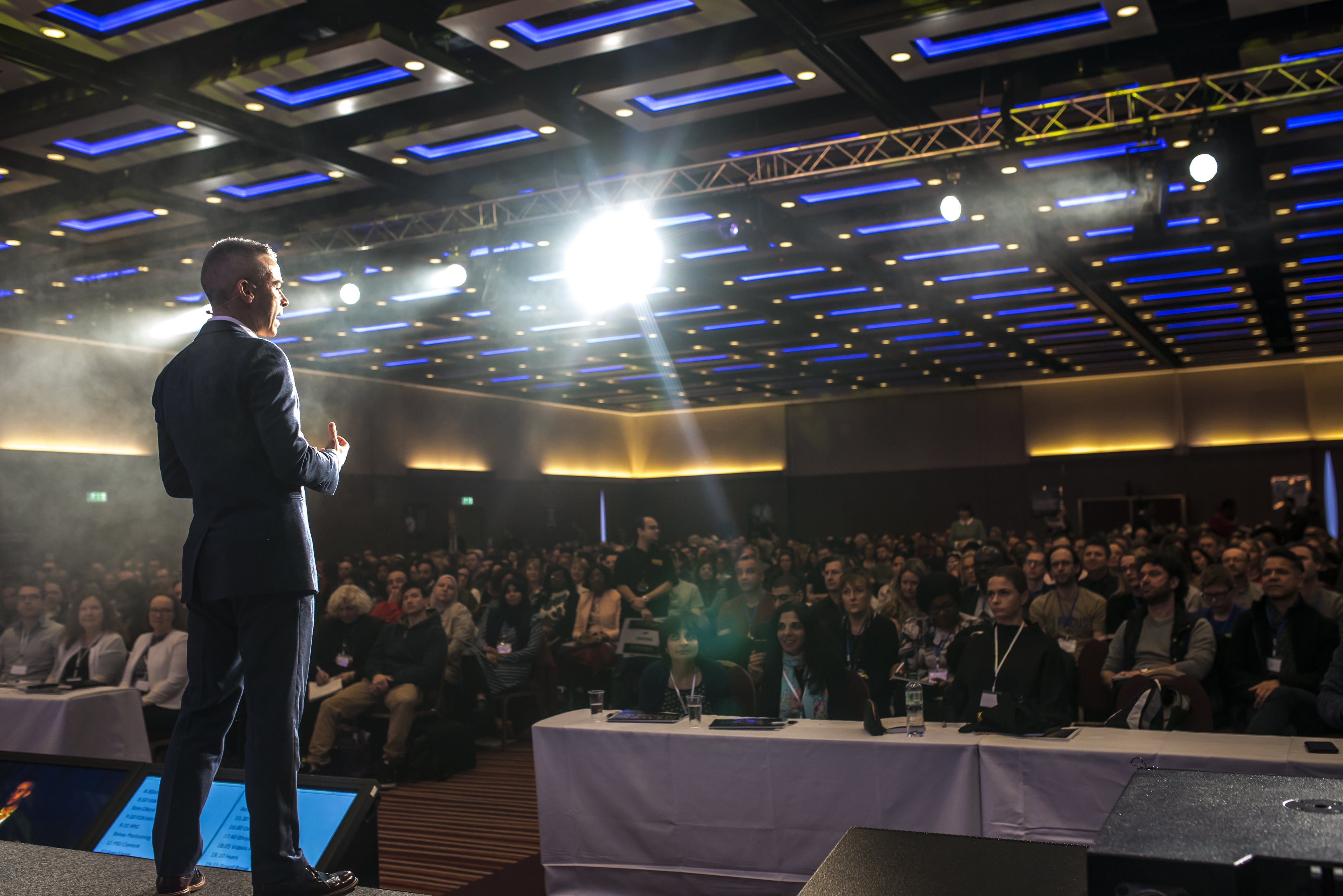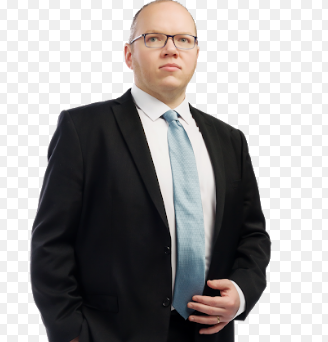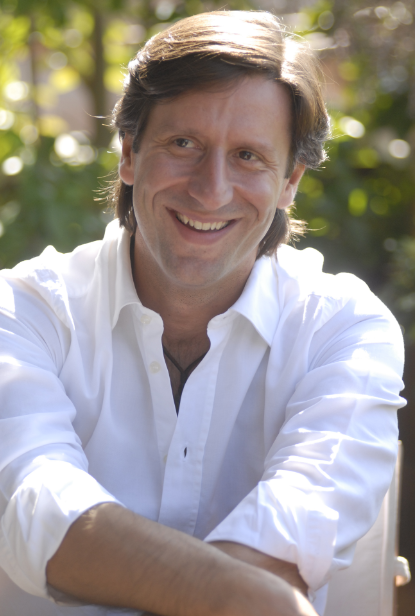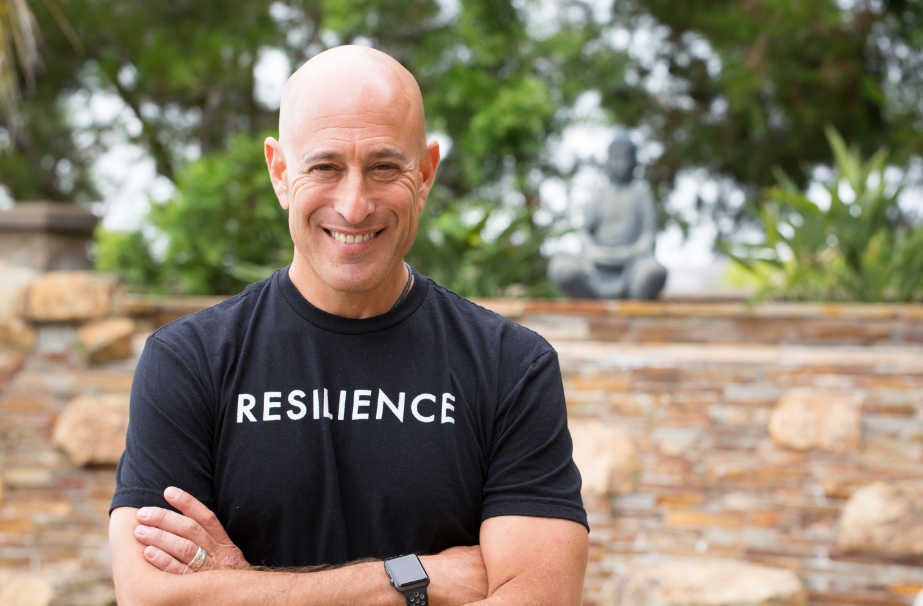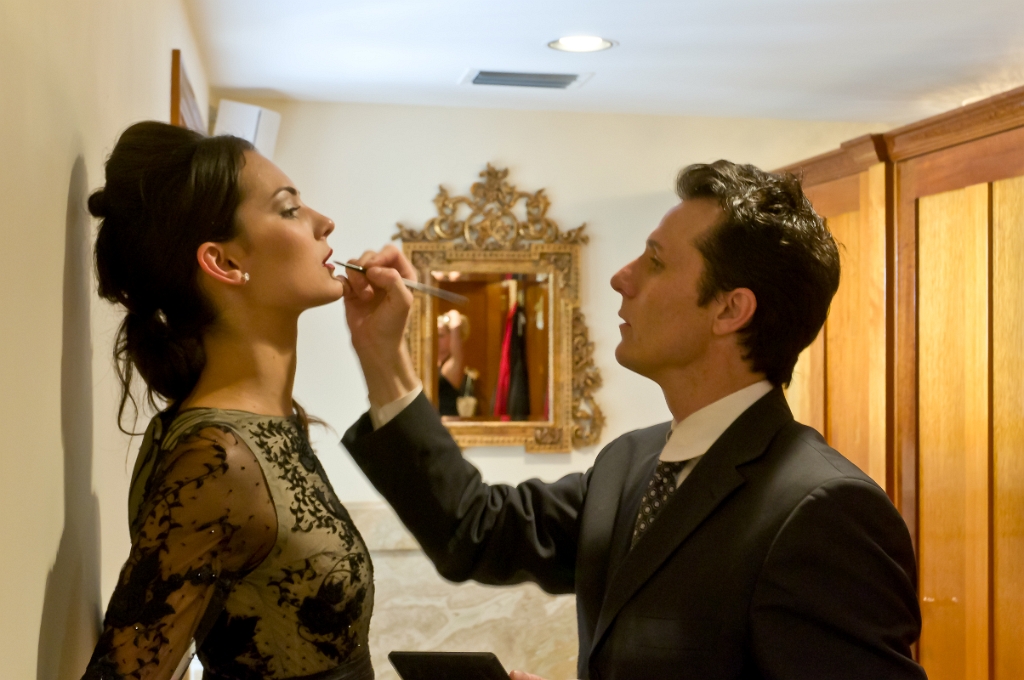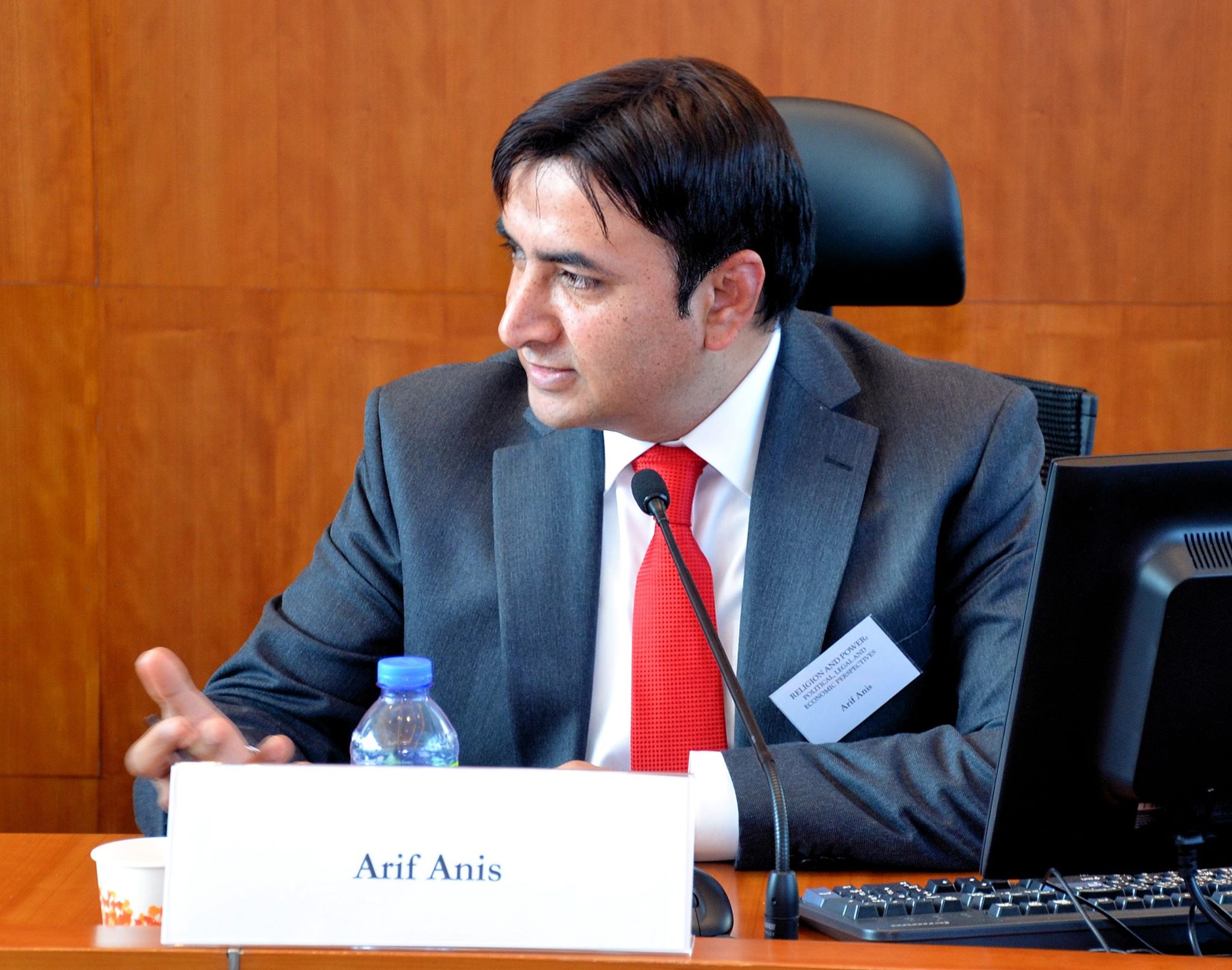*This interview is transcribed from the Global Woman Show with Mirela Sula
Today I feel very fortunate to have met an amazing person called Les Brown. I hardly need to introduce him because almost everybody knows about him and the way that he has touched the hearts of millions of people around the world. I am so happy that I can now share my interview with him that I know is going to inspire all the women who support the ‘Global Woman’ platform.
Les Brown, thank you so much for being with me today and giving your time to ‘Global Woman Magazine’. You know women love your work so please tell us more about what you do.
I am very glad to hear that you appreciate my work and I am very happy meeting you. But there’s something important that you said to me. I asked you about something that I want to get done and you said, “Anything is possible” and you said it with such conviction. That’s exactly the mindset that people must have, because, according to psychologists over 87 % of people’s negative ‘self-talk’ goes undetected by the conscious mind. But you have deliberately programmed yourself to believe, as an optimist, that anything is possible. And when you said that I believed it because you didn’t just ‘say it’ but you spoke with great conviction. This is what I say to Speakers when I train them. That having conviction is more important than the actual words you speak. So – I guess what I need to say is, ‘Thank you for blessing me with your presence’.
Your own story is incredible – and probably there are a lot of people who are feeling a bit down and trying to find excuses or complaining about politics or the situation of the world or, of course, they come from a poor family background or from a dysfunctional family. There are lots of reasons to complain about things – but you never seem to complain.
I do talk about things that have happened to me, but I don’t allow them to stop me. My new book is called; ‘You have got to be Angry’ and it’s about saying to yourself, “Here’s something I want, and I am going to get it in spite of the fact that it’s an unfair world – and also it’s not right that women doing the same work as men in the USA get paid less than the men get paid”. We all know that such inequality is simply not right. I was once working in a job that claimed that if you are the number one salesperson you become the Sales Manager and you will then get a bonus and I did it for six months in a row but they passed me by and then I was required to train other people that they would put over me. Clearly that was not right or fair. The only reason they did it was because they had the ‘complexion of connection’ and ‘I had the complexion of rejection.’ However, I decided I was going to ‘make it’ in spite of everything. Helen Keller said ‘when one door closes another door opens’ but most of us spend time trying to open a closed door rather than creating a door ourselves that we can then walk through unchallenged. In other words, we need to be able to live our own dreams and there are many women who have always had to fight against all the odds to make it through. There’s a gentleman by the name of Fred Astaire and back during the time he was in Hollywood they said he was the greatest dancer in the world – but the young lady that he danced with – she had to dance with him step for step but backwards and in heels! So, what I’m saying is that women have always had to be persistent to make it against all the challenges they have had to face. My mother adopted seven children and I was one of the seven. She made it against all the odds and although she didn’t have a great education she definitely had a PhD in ‘Mother’s wit’ and she always found a way forward even when there didn’t seem to be a way! Women have always had to do that and that is why I am excited to be a part of this interview and to be in the presence of women like you.
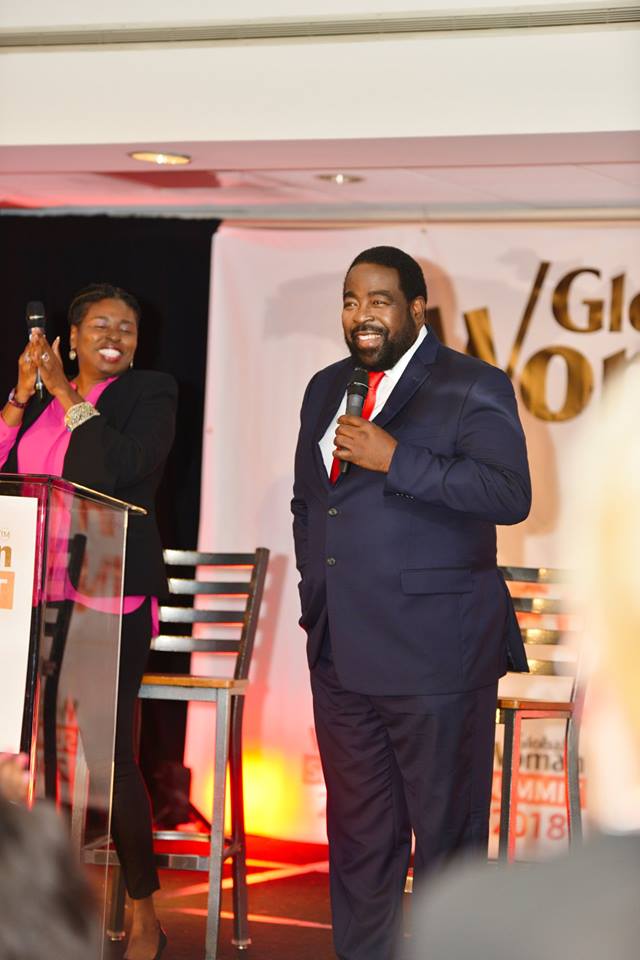
Thank you. So basically, you are saying that there is a lot of injustice out there in the world, but our duty and responsibility is not to complain about the unfairness women face but to prove that we can make anything possible if we face up to the challenges.
Yes. You have to do it ‘in spite of…’ Communities and countries are created by people and they can be changed by people and the secret is to maintain commitment through all the frustrations and disappointments we are going to encounter. We must all attempt to change the way that we function and also attempt to change the way women are treated – and in attempting to change the way we treat each other we need to understand this is a human problem. Human beings created it and human beings can therefore resolve it!
Well, as human beings we usually tend to see the problem not the solution. But not all the people have this ability to turn their perception in a direction that can guide them to the solution. Is there a secret to making this happen?
You know Einstein said “I don’t think I am so smart. I just have more patience than most people.” Most people want change to happen directly but it’s not that kind of world. You have got to be willing to be patient and it takes persistence and it takes going through some frustrations and disappointments and setbacks and things happening to you that you cannot anticipate. Some setbacks and problems just keep coming back again and again and I believe that sometimes angels are dispatched – and I believe that those angels support us by saying, “You know what? She’s really determined and she’s not gonna stop or ever give up.” That’s tenacity!
They did this study once and found that with a certain mathematical angle a spool of thread – after it’s released – hits against a two-ton steel beam. After so many hits – ‘pip pip pip’ – eventually it will begin to vibrate and then eventually the beam will move. Well, that’s what you are doing. That’s what we are doing in tapping into the consciousness of people and helping to create a different kind of world and changing how women should be seen not as just ‘receptacles for men’s orgasms’ but as thinking, feeling human beings who have something to give and something important to contribute to life. And it takes time to reverse that conditioning. I saw in the newspaper yesterday an article about a beautiful young lady that was raped and killed by her uncle. What kind of society have we created and what kind of mindset can give someone the permission to be that inhumane to another human being? It’s going to take time to reverse that sort of thinking and that type of behavior.
It feels that the shift is happening in the world and that more and more women are waking up. It feels like we have been sleeping for a long time. Now it’s time to wake up, to come to a higher level of consciousness, to connect with ‘higher self’ inside us and to see things like you just said. But sometimes we can’t anticipate things and we don’t have control over things. We can take responsibility for certain things we do in the world – but how can we coordinate and co-create with men? Not by feeling that we are against them or that we are separate but by working together. As we all know – we have left the world in men’s hands for a long time and it looks very messed up. So how can we get to the level when men see us as partners?
Think about where the world would be now if those who are in control had been inclusive in their thinking rather than exclusive. In other words, if women were allowed to participate and if people were allowed to participate even though they’d had an accident, even though they had slanted eyes, even though they came to the table with different sexual orientation, even though they might be in a wheelchair. Where would we be if all the thinking that’s available on the planet came together to collaborate and to work together with a mindset that said; ‘We can solve this. We can create a different kind of world’. Where would we be now? It’s like the way it was in the USA for coloured people in the USA. I am 73 now, but when I was a kid I would get on the bus with my mother and people would be seated in the back and there were seats up front where white people sat and even though there were some free seats there, mama said, ‘’keep walking Leslie’’ and I had to go past a yellow line to sit down. I said, “Why we can’t sit up there?” and she just said, “You can’t”. But the only reason we couldn’t sit there were because we were black. So that culture effectively said, ‘you are less worthy’. That culture and those laws in Society were designed to make people like me feel inferior.
I was invited to speak at the beginning of my career in Florida and unbeknownst to me they thought I was a different Les Brown. So, when I knocked on the door at the back of the theatre a guy said, ‘’May I help you?” I said, ‘’Yes, I am Les Brown’. He said, ‘’You are Les Brown’s driver?’’. I said, “No – I am Les Brown”. He said, “You are not Les Brown the bandleader!” I said, “No I am not”. You know he looked at me and then he was trying to spit on my shoes. I was so glad that he didn’t spit in my face because if he had I wouldn’t be here now. I would have grabbed him. He said, ‘follow me’ and people were already seated in the theatre and they had these album covers of Les Brown the bandleader. And this guy went at the microphone and says, “Ladies and gentlemen – Les Brown!” He then looked at me with contempt and walked off without shaking my hand and greeting me. So, I walked up to the microphone and I’m thinking, ‘How am I gonna deal with this?’ Everyone in that room were shocked because they only knew black people as football or basketball players but not as a Speaker. I am the only black face in the room and then I looked up and there was a sign that says, ‘You have the power to seize the hour’ and then I looked at the audience and I said to myself, ‘Right, I need to take control of this room. So, I said ‘I want you to think about why we are here. We have the power to seize the hour, to recognise your children and to give commitment to these young people because they are being moulded into who they will be in the future. I said, ‘Let’s give them a tremendous round of applause’. I knew they were gonna clap for their children. I needed to be strategic, so I said, ‘And all the parents would you please stand up? There are many people that loved you and believed in you and prayed for you – right up until this moment where we are now. Let’s seize this opportunity to recognise them with love and respect. Give them a tremendous round of applause!’

So you created this crazy energy in the room?
I just increased the energy by taking over the room and filling it with love and appreciation. After that they looked at me as if to say ‘Okay. What are you going to do? We will listen to you now.”
All this power and this energy. Where does it come from? What is the source?
The source is in all of us, who we are behind our eyes. We are all the same and so what I do is call for that source which I call ‘greatness’. I believe that when you are pursuing greatness you don’t know what your limits are – so you act like you don’t have any limits. And then I looked at the audience and I said, ‘You all have greatness in you. I don’t know who you are, I don’t know anything about you but I you all have greatness in you and we all speak from that place – the universal language of acknowledging each other and seeing the value in each other and loving each other.
That began to dispel the rejection, the hostility, the racism in the room and they began not to focus on my colour but focused on me as a human, because at the end of the day and – Jane Elliot said this – it’s not a black race and a brown race or a yellow race and a red race – it is just one race and it’s called the human race. It is brought together by love and God is love. Women are the greatest embodiment of love for me and I am here because of two women. One gave me life and the other gave me love. God took me out of my biological mother’s womb and placed me in the heart of my adopted mother and I think that there is a shift that is taking place and women are the pioneers of that shift. Women will help move us into a different future that Mother Teresa spoke about when she said, ‘’Lord I know you know how much we could bear, and I could bear”.
I am sure a lot of women will resonate with you and so much admire you for the fact that you speak so highly about your mother and the way that you put her on a pedestal. Can you share with us something that you never shared before about your mother?
Interesting that you said that. I had a moment with myself last night praying for my son and I asked myself is there something I have not done? As a kid I had a congestion of the lungs and another friend named Gramps he had the same condition. We were ten years old and we would sit in the back yard with two chairs side by side. One day I came to the backyard and Gramps had died. I remember that night when Doctor Johnson came over as doctors used to make house calls at that time and said, ‘Mamie give Leslie these drops every two hours’ and she had to be up all night to do that. Then she had to go to work on Miami Beach to cook for families with hand-me-down clothes and I remember distinctly my mother hands trembling as she was getting the drops out and putting them into my mouth and she‘d wrapped me in some leaves called ‘Palmer Christian’ leaves and was saying, ‘God don’t take my son, take my life, let me die, but don’t take my baby”. She didn’t give birth to me, she didn’t carry me for nine months and she is asking God to take her life and allow me to live. So, when I was praying for my son the other day I said, ‘God I had not asked you to do this. What mama can love me more than I love my son Calvin. I beg you take my life but give my son more time. I am 73 and I am an old man now and I am okay with going now so take my life instead.” I told this story on the Internet and a lady texted back. ‘God don’t listen to this fool. The God I serve could do it all – he could save you and your son. We don’t serve a limited God”.
What I learned from, my mother is that we must push forward in spite of everything. She believed everything is possible and that’s the kind of mindset that we must have to leap and grow our wings on the way to understanding. If you are not willing to take risks, you can’t grow. And if you can’t grow you can’t become your best, and if you can’t become your best you cannot be happy and if you can’t be happy then what else is there but to walk by faith and not by sight alone.
So you sometimes have to say ‘yes’ but you don’t always need to know how you are going to get there?
The key is to make a commitment. That’s what it will take for us to create a culture in our cities, in our countries, in the world and in the work place for women to be seen as equals. We just need ‘the will to do it’. What will it take for us to reduce the sexual abuse, the physical abuse, the domestic abuse and violence to women and children – those who are powerless and voiceless. Just the will to do it! What will it take for us to stand up to the universal bullies – the most powerful bullies on the planet? Everything that exists is because somebody had the will to do it.
You seem to be enjoying your life a lot now?
Yes. Because we don’t know how much time we have. Someone asked me, ‘What do you want your legacy to be?’ and I said, “I aspire to inspire until I expire” and I always tell my children that when they say ‘Your dad is dead’ don’t allow them to embalm me for three days! Come down to the funeral home and bring a microphone just in case!’ I’m here to teach people to live fully and not die empty. We have to develop the courage and the willingness to follow our life purpose in spite of the fact that we might live in an environment where women are treated inferior or in an environment of racism that does not recognise humanity. You must decide ‘I’m gonna do this no matter what’.
You mention a lot in your speeches that lot of people probably hope to have an easy life because it is difficult to lead a hard life, but you have turned this around and said that when life is hard work then your life is going to be easier. I really love that idea. Can you tell us more?
If you do what is easy your life will be hard. But if you do what is hard, your life will be easier, and we must be willing to do hard. Let’s talk about struggle. I am reminded of a little boy going through an area in the forest when he saw a caterpillar trying to come out of a cocoon. So he watched and he observed and after a while a butterfly came out of the cocoon and hit the ground of the forest fluttering its swings and then flying off. And a few weeks later he came through the same area and saw another butterfly struggling to get out of the cocoon and naively he decided that he wanted to help it to come out faster. He took a safety-pin out of his pants and he made a little incision and the butterfly fell out of the cocoon, hit the ground and fluttered his wings and died because it was the struggle itself that gave it life. The struggle itself – when the dream is big enough – means the odds don’t matter. In life you will always be faced with a series of god-ordained opportunities brilliantly disguised as problems and challenges. Challenges will introduce you to a part of yourself that you might not know right now. We must embrace the challenges because we grow through the challenges of life.
Thank you for this area of our discussion because this is very important especially for women who have realised that if they want to connect with their power and to stand in that power they also need to become more entrepreneurial. Financial freedom is where get most of the power because a lot of women are abused because they are dependent on the finance of other people. A lot of women are starting their own journey as entrepreneurs and starting their own business, but they are facing a lot of challenges. A brilliant idea is not always easy to achieve and so they give up. What is your advice and your wisdom to share with women entrepreneurs to motivate and inspire them to keep going and to be successful?
Three things. My mother was an entrepreneur when she could no longer work at Miami Beach for these wealthy families because they fired her. So, my mother had to become an entrepreneur and she didn’t have multi-level marketing during that time it was like a lottery. She sold moonshine and she sold homebrew. I never talked about it on stage because I don’t have the emotional bandwidth to do it without crying because at one time she went to prison. So, one of the things that I am training Speakers is never tell a story that you are not emotionally capable of handling yourself because this is no place for therapy. What I learned from my mother is she always said, ‘Every tub must stand on its own bottom’. My mother become an entrepreneur and she made a commitment to my birth mother that we will that we will never go to bed hungry – and we never did. We always had a roof over our head and we always had clothes on our back.
Women have always been the catalyst to say, “I am going to provide for this child or these children.” I remember talking to a man who should have been paying ‘Child Support’ and he said, “Oh they’re gonna let the mother take care of him instead.” I said, “But she didn’t get a child through immaculate conception – so you played a part in this child’s life too – so you should participate.” But a lot of guys who I call ‘sperm donors’ just walk away and leave the woman to struggle and make life difficult for her. That’s why the ‘Global Woman Magazine’ is so important in teaching women. Now is easier than before because of technology. These are women who are becoming entrepreneurs and becoming healthy through the comfort of their home with a computer. There are more women now that have a level of independence and more women who have a strong sense of identity. When your life has a sense of identity it gives your life a sense of purpose and a sense of direction and so they are now women who don’t just see themselves as wives or as mothers but as a global entrepreneur. They are living a life of contribution, not just standing in the shadows but can live and be fulfilled and make a difference to the planet. Women now have more access in certain areas of the world than ever before and that’s a good thing.


